Find Help
More Items From Ergsy search
-
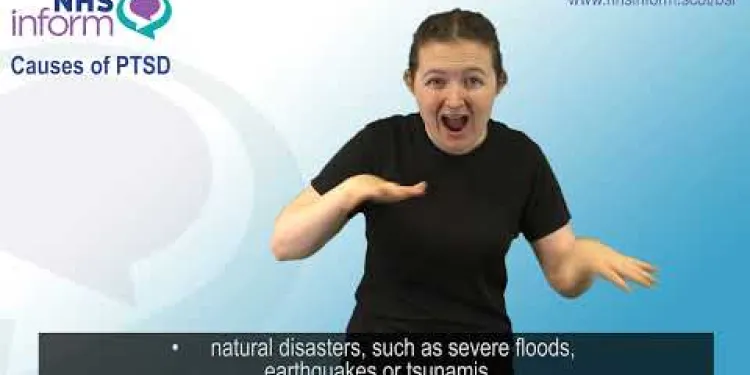
Post-traumatic stress disorder (PTSD) - Introduction
Relevance: 100%
-
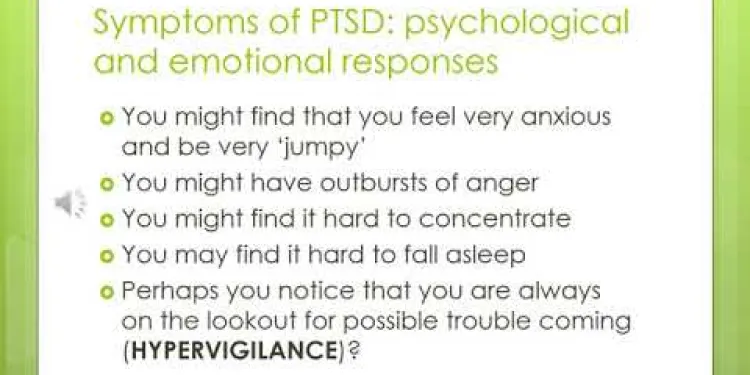
Understanding and Managing PTSD powerpoint slides with audio
Relevance: 96%
-
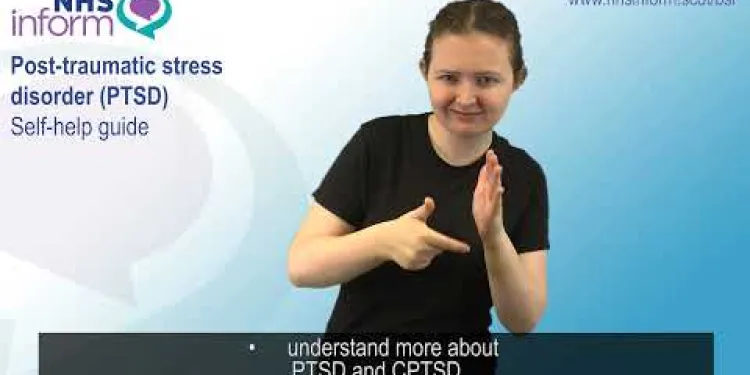
Post-traumatic stress disorder (PTSD) - Self-help guide
Relevance: 96%
-
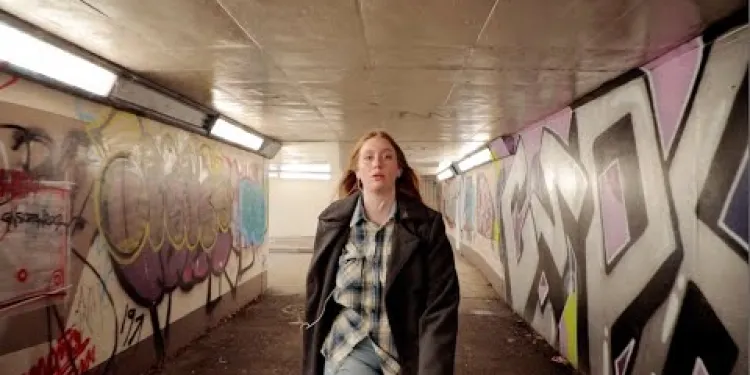
Short Films About Mental Health - Trauma PTSD
Relevance: 93%
-
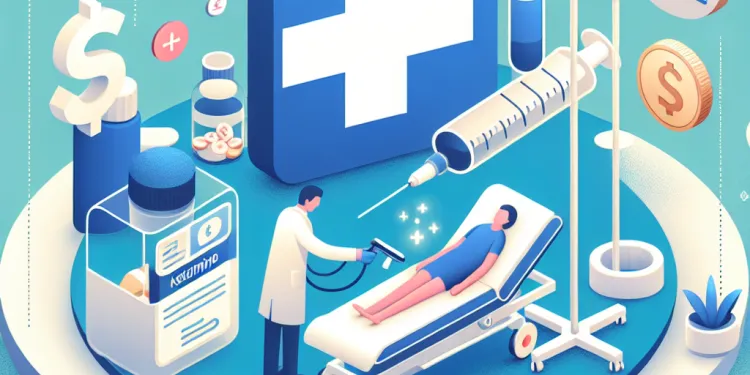
What conditions is ketamine used to treat?
Relevance: 37%
-

What is ketamine infusion therapy?
Relevance: 24%
-
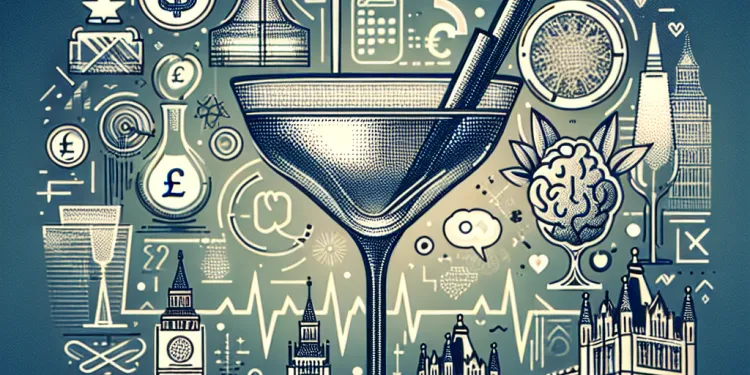
Can drink spiking cause long-term health effects?
Relevance: 21%
-
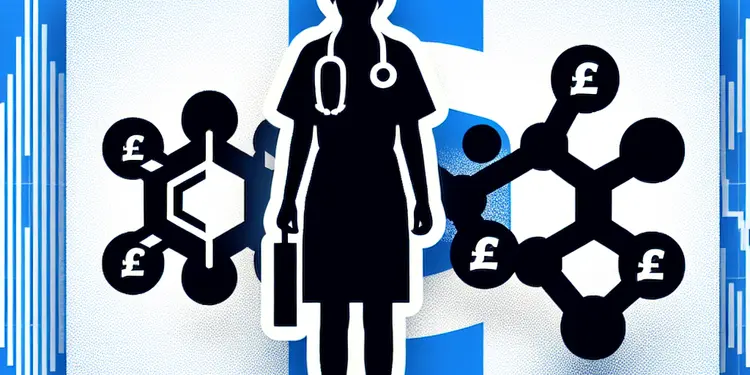
Can ketamine be prescribed for mental health conditions?
Relevance: 21%
-
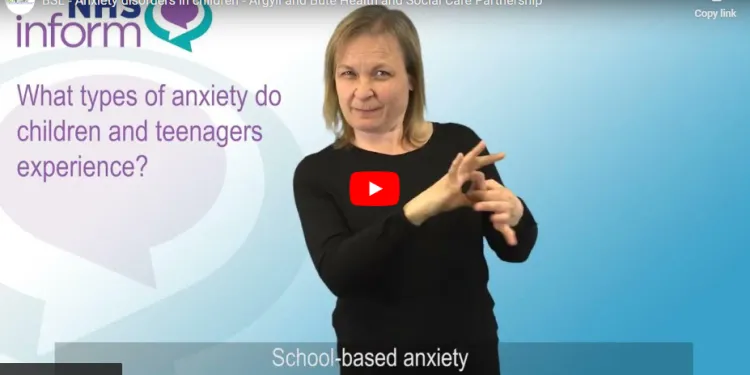
What type of anxiety do children and teenagers experience?
Relevance: 21%
-
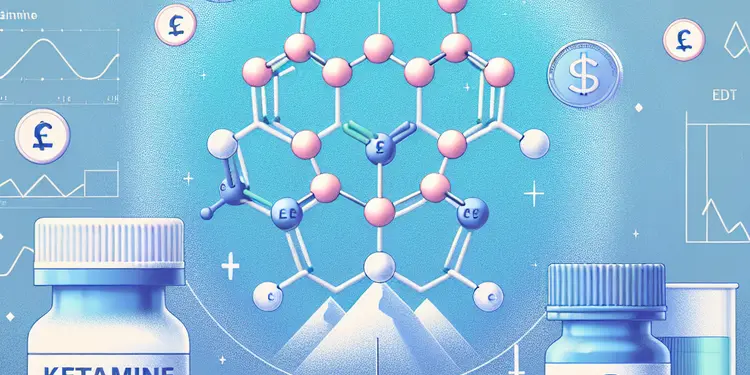
What are the medical uses of ketamine?
Relevance: 20%
-
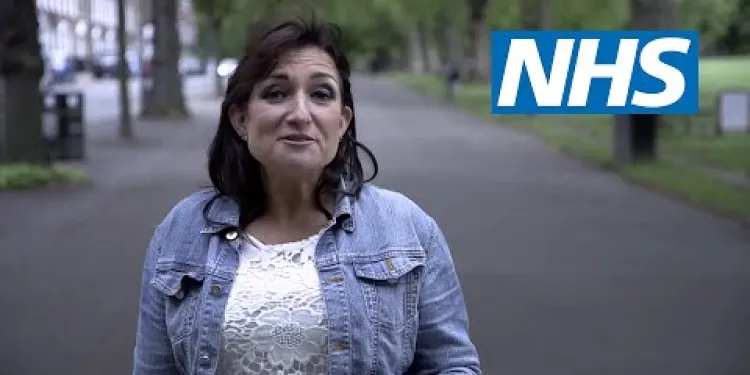
Women talking about their personal experiences of female genital mutilation (FGM) | NHS
Relevance: 20%
-
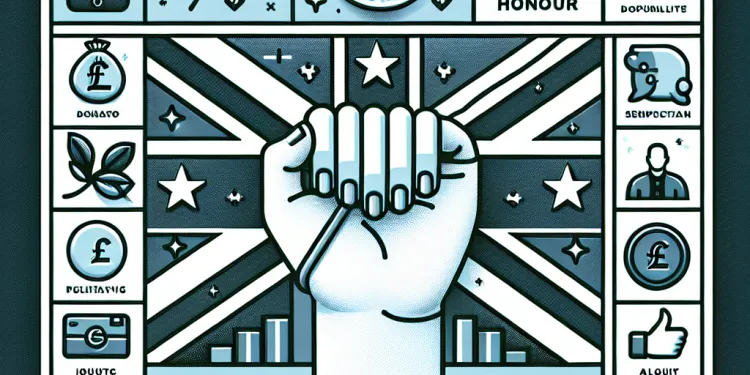
How does honour based abuse impact victims?
Relevance: 18%
-
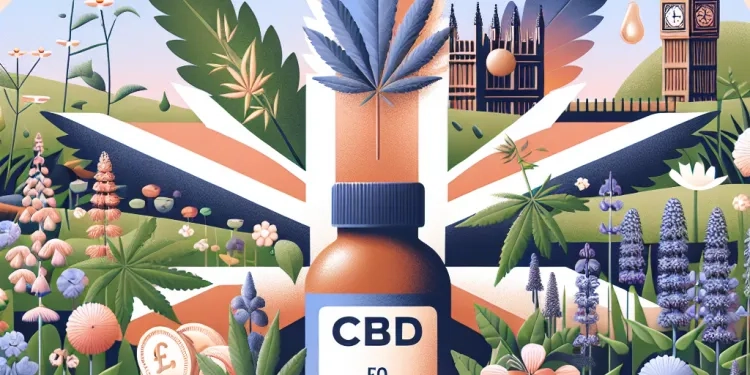
What are the potential benefits of CBD?
Relevance: 15%
-

Live Fear Free - The Effect of Domestic Abuse on Children
Relevance: 15%
-
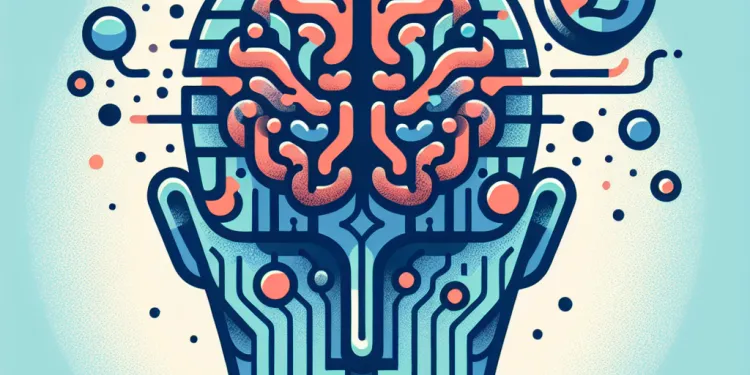
Can concussions lead to mental health issues?
Relevance: 14%
-
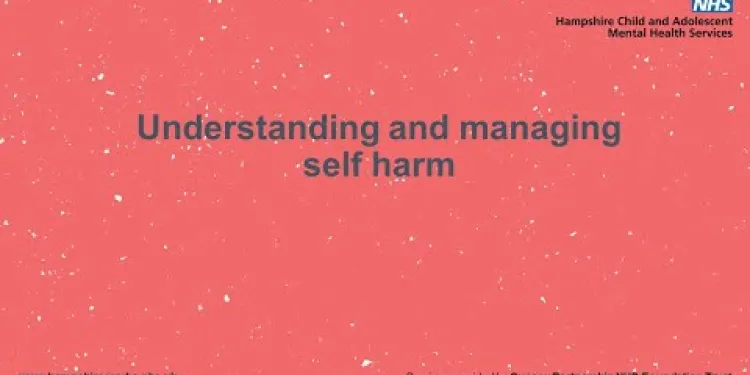
Self Harm
Relevance: 14%
-

Has ketamine's classification changed over time?
Relevance: 14%
-
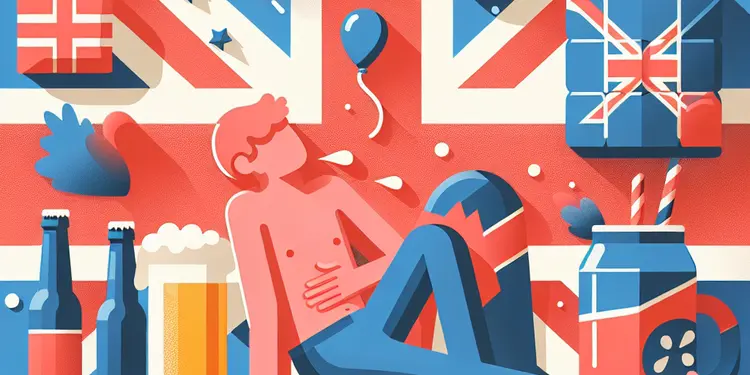
How does binge drinking affect mental health?
Relevance: 14%
-
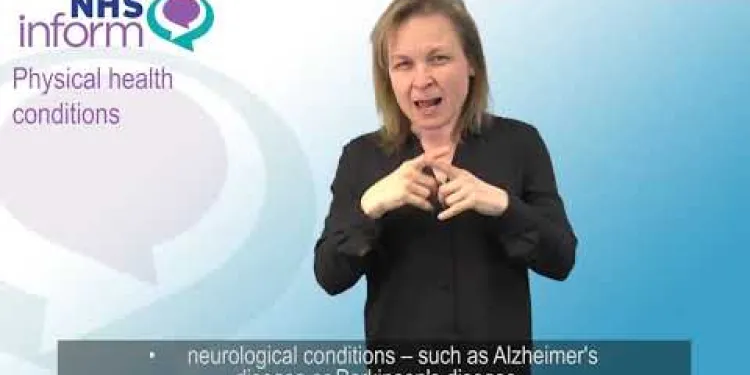
BSL - Causes of insomnia
Relevance: 14%
-
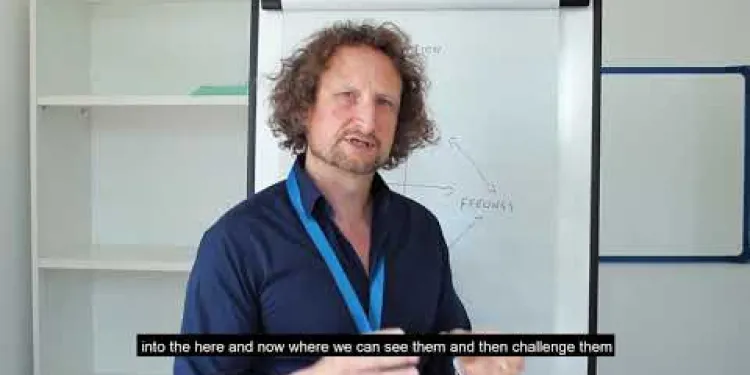
What is CBT
Relevance: 14%
-
Can eating disorders occur with other mental health conditions?
Relevance: 14%
-

Are men at risk of having their drinks spiked?
Relevance: 13%
-
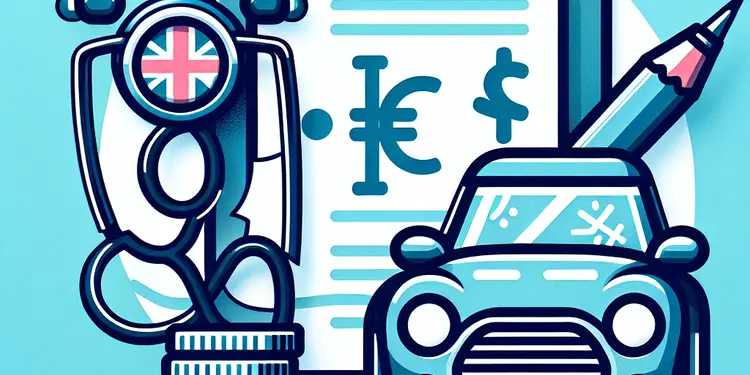
Is it necessary to see a doctor for whiplash after a car accident?
Relevance: 13%
-
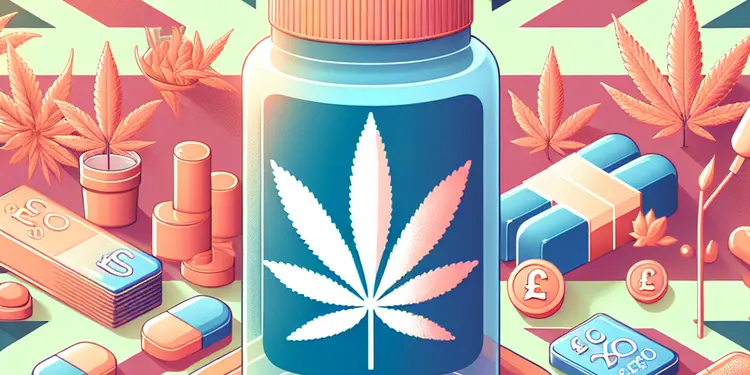
What are the uses of cannabis extract?
Relevance: 13%
-

Does stress affect tinnitus?
Relevance: 13%
-
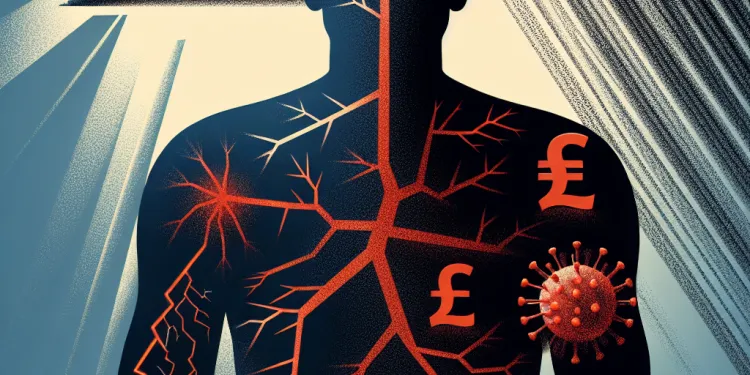
Can stress trigger shingles?
Relevance: 12%
-
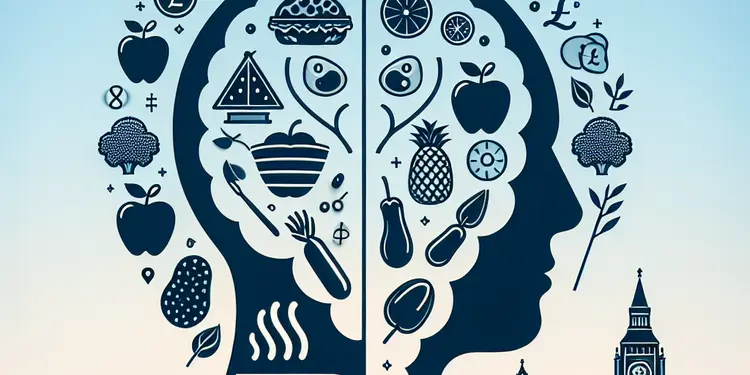
How do eating disorders affect mental health?
Relevance: 12%
-

Is ketamine considered a controlled substance in the United States?
Relevance: 9%
-
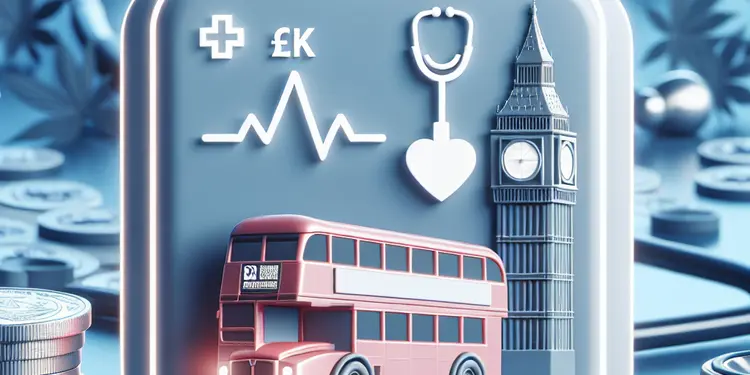
Are there any legal uses for ketamine?
Relevance: 8%
-

Can mixed exercises improve mental health?
Relevance: 7%
-

NHS Unveils Revolutionary Mental Health Support Initiative
Relevance: 6%
-
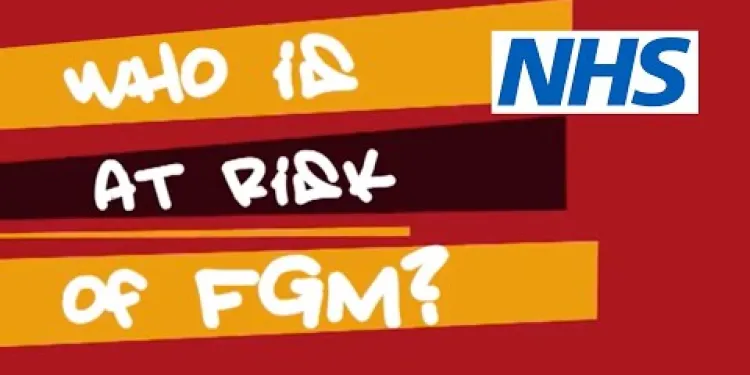
Female genital mutilation (FGM) | NHS
Relevance: 6%
-
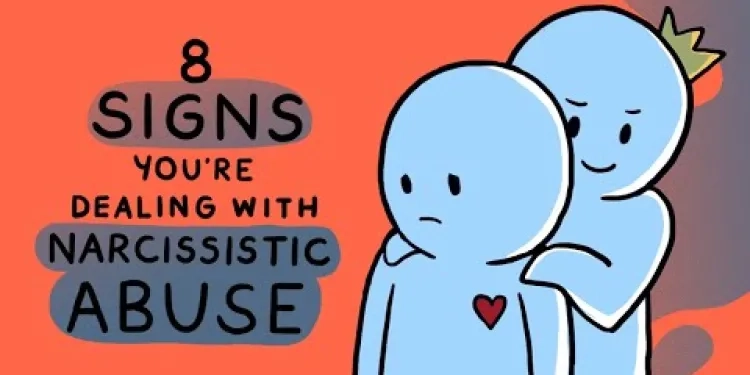
8 Signs You Are Dealing with Narcissistic Abuse
Relevance: 6%
-
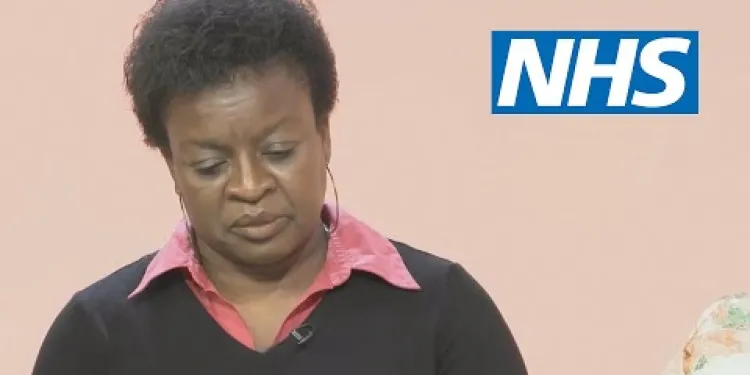
Female Genital Mutilation: The Facts | NHS
Relevance: 6%
-
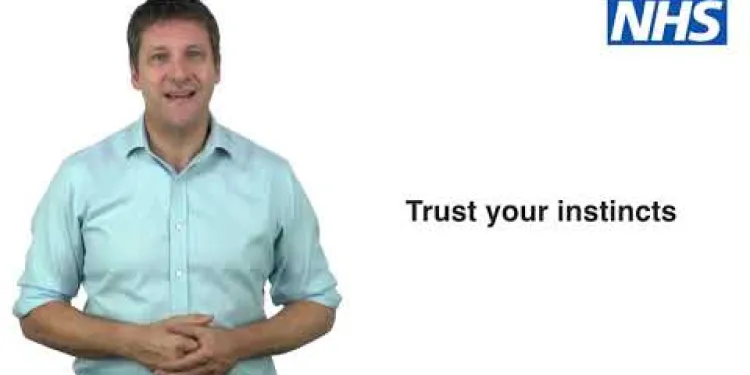
1. Introduction to sepsis and serious illness
Relevance: 6%
-
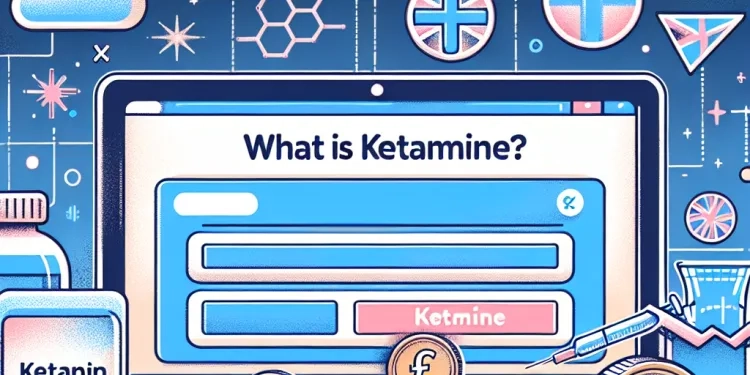
What is Ketamine?
Relevance: 6%
-

Can meningitis cause long-term complications?
Relevance: 6%
-
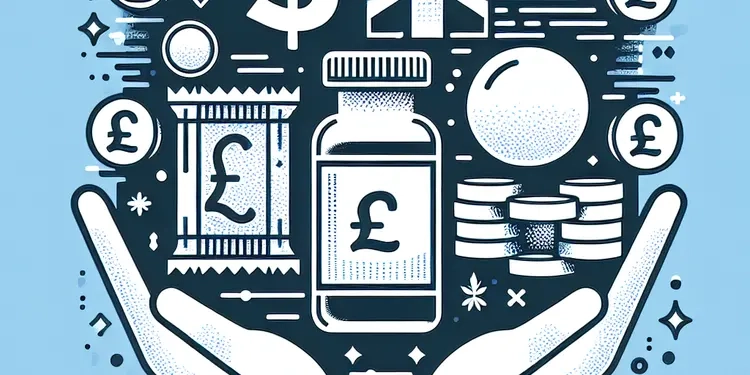
Is Ketamine a Class B drug?
Relevance: 6%
-
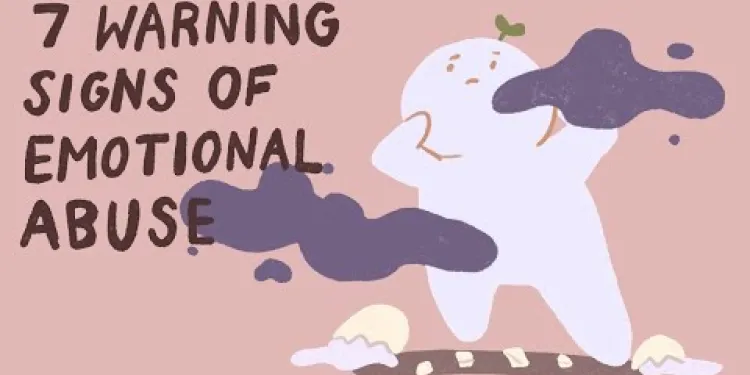
7 Warning Signs of Emotional Abuse
Relevance: 6%
-

How is ketamine different from traditional antidepressants?
Relevance: 6%
Understanding and Managing PTSD
Introduction to PTSD
Post-Traumatic Stress Disorder (PTSD) is a mental health condition that can develop after a person has experienced or witnessed a traumatic event. It affects approximately 1 in 13 individuals in the UK, regardless of age or background.
Symptoms of PTSD
Symptoms of PTSD can vary widely but commonly include flashbacks, severe anxiety, uncontrollable thoughts about the event, nightmares, and feelings of intense fear or horror. Recognizing these symptoms early can lead to more effective management.
Causes and Risk Factors
PTSD can result from various traumatic occurrences such as accidents, natural disasters, violent personal assaults, or military combat. Risk factors include previous traumatic experiences, ongoing stress, lack of support, and preexisting mental health conditions.
Diagnosis and Treatment
PTSD is diagnosed through clinical evaluation by a mental health professional. Treatment options include psychotherapy (e.g., Cognitive Behavioral Therapy), medication (e.g., antidepressants), and support groups. Early intervention significantly improves outcomes.
Tips for Managing PTSD
- Seek professional help as early as possible.
- Join a support group to connect with others facing similar challenges.
- Engage in regular physical activity to alleviate some symptoms.
- Maintain a healthy lifestyle, including a balanced diet and adequate sleep.
- Practice mindfulness techniques, such as meditation or yoga.
Support Resources in the UK
In the UK, various resources are available for those dealing with PTSD. NHS services, Mind, and Combat Stress offer specialized support and treatment. Accessing these resources can provide crucial assistance in managing the condition.
Conclusion
Understanding and managing PTSD is crucial for those affected and their loved ones. Awareness of symptoms, seeking timely treatment, and utilizing available resources can significantly improve quality of life. If you or someone you know is struggling with PTSD, reach out for support today.
Audio Version
Your browser does not support the audio element. Make sure to add the actual audio file, named "ptsd_presentation_audio.mp3," in the appropriate directory where this HTML file will reside. This file would be an audio recording of the text content to provide an accessible option for users.Understanding and Managing PTSD
Introduction to PTSD
PTSD stands for Post-Traumatic Stress Disorder. It is a problem with mental health. PTSD can happen if someone sees or lives through a very scary event. About 1 in 13 people in the UK can have PTSD. It doesn’t matter how old they are or where they come from.
Symptoms of PTSD
People with PTSD can feel many things, such as having flashbacks, feeling very anxious, having scary dreams, or thinking about the bad event all the time. They might also feel very scared or horrified. Knowing these signs early is important to help treat PTSD better.
Causes and Risk Factors
PTSD can happen after a bad accident, a natural disaster, an attack, or in war. Some people have a higher chance of getting PTSD. This can include having had bad experiences before, being stressed, not having support, or having other mental health issues.
Diagnosis and Treatment
To know if someone has PTSD, a mental health doctor will talk with them. Treatment can include talking therapy, like Cognitive Behavioral Therapy, and taking medicine, like antidepressants. Joining support groups can also help. Getting help early makes things better.
Tips for Managing PTSD
- Ask a doctor or therapist for help as soon as you can.
- Join a support group to meet others who feel like you do.
- Exercise regularly to feel better.
- Eat healthy foods and get enough sleep.
- Try calming activities, like meditation or yoga.
Support Resources in the UK
In the UK, there are places that can help people with PTSD. NHS services, Mind, and Combat Stress are some of the groups that offer special help and treatment. These resources can be a big help in dealing with PTSD.
Conclusion
It is important to know about PTSD and how to handle it. This is important for people with PTSD and their families. By knowing the signs, getting help soon, and using resources, life can get better. If you or someone you know is having a hard time with PTSD, ask for help today.
Audio Version
Frequently Asked Questions
What is PTSD?
Post-Traumatic Stress Disorder (PTSD) is a mental health condition that's triggered by a terrifying event, either experiencing it or witnessing it. Symptoms may include flashbacks, nightmares, severe anxiety, and uncontrollable thoughts about the event.
What are the common symptoms of PTSD?
Common symptoms of PTSD include intrusive memories, avoidance, negative changes in thinking and mood, and changes in physical and emotional reactions.
How is PTSD diagnosed?
PTSD is typically diagnosed by a mental health professional based on a comprehensive evaluation. This includes a discussion of your symptoms and the impact they have on your daily life.
Who can get PTSD?
Anyone who has experienced or witnessed a traumatic event can develop PTSD. This includes experiencing violence, accidents, natural disasters, war, or sudden death of a loved one.
Can children develop PTSD?
Yes, children can develop PTSD. Symptoms in children might include bedwetting, being unusually clingy with parents, and acting out the traumatic event during play.
What are some risk factors for developing PTSD?
Risk factors include prior traumatic exposure, having a high-stress environment, a history of mental illness, and lacking a strong support system.
How common is PTSD in the UK?
It is estimated that approximately 3 in 100 people may experience PTSD in the UK at some point in their lives.
What are the treatment options for PTSD?
Treatment options for PTSD include psychotherapy (such as Cognitive Behavioural Therapy), medications (like antidepressants), or a combination of both.
Can PTSD be cured?
There is no cure for PTSD, but treatment can help manage the symptoms and improve quality of life.
Is it possible to recover from PTSD without professional help?
While some people might see improvement over time, professional help is often necessary to effectively manage and recover from PTSD.
What is Cognitive Behavioural Therapy (CBT) for PTSD?
CBT is a type of psychotherapy that helps patients understand and change thought patterns that lead to troublesome feelings and behaviours. For PTSD, it often includes exposure therapy where patients safely face the situations or memories that they find distressing.
What medications are commonly prescribed for PTSD?
Selective Serotonin Reuptake Inhibitors (SSRIs) such as sertraline and paroxetine are commonly prescribed. These medications can help manage symptoms of depression and anxiety associated with PTSD.
Can lifestyle changes help manage PTSD symptoms?
Yes, lifestyle changes such as regular exercise, healthy eating, adequate sleep, and strong social support can help manage PTSD symptoms.
Are there any support resources available in the UK for PTSD sufferers?
Yes, there are various support resources including the NHS, Combat Stress (for veterans), Mind, and Rethink Mental Illness that provide information, support, and counseling services.
What should I do if I think someone I know has PTSD?
If you believe someone you know has PTSD, encourage them to seek professional help. Provide emotional support and be patient as they work through their recovery.
What is PTSD?
PTSD stands for Post-Traumatic Stress Disorder. It is when someone feels very upset or scared after a bad experience. This can happen if they were in danger, or if they saw something very upsetting.
People with PTSD may have bad dreams or scary thoughts. They may feel like the bad experience is happening again.
Here are some ways that can help:
- Talk to a kind grown-up or a therapist.
- Write about your feelings in a diary.
- Practice deep breathing to feel calm.
- Use apps or tools that help you relax, like calm music or gentle stories.
Post-Traumatic Stress Disorder (PTSD) is a mental health problem. It can happen after you see or go through something very scary. People with PTSD might have bad dreams, feel very anxious, or keep thinking about the scary event. They might also have flashbacks, which means they feel like the scary event is happening again.
What are the common signs of PTSD?
PTSD stands for Post-Traumatic Stress Disorder.
- Remembering scary events when you don't want to.
- Having bad dreams often.
- Feeling scared or nervous all the time.
- Finding it hard to sleep or focus.
- Staying away from places or people that remind you of the scary event.
- Feeling upset or angry easily.
Helpful tools:
- Talking to a trusted adult or counselor can be helpful.
- Using calm breathing and relaxation exercises.
- Having a safe routine can make you feel better.
People with PTSD might have these problems:
- They keep remembering bad things that happened.
- They try to stay away from things that remind them of the bad memories.
- Their mood and the way they think might change.
- Their feelings and how their body works might be different.
Helpful Tips:
- Try talking to someone you trust about how you feel.
- Practice deep breathing to stay calm.
- Write down your thoughts in a journal.
- Use an app or tool that helps you relax.
How do doctors know if someone has PTSD?
Doctors can tell if someone has PTSD by talking to them. They ask questions to understand how the person feels. They look for signs that show the person might be struggling with bad memories or strong feelings. Sometimes, talking to a doctor or using apps that help with feelings can really help.
PTSD is a big word that means strong feelings after something scary happens. A doctor or a special helper can tell if you have PTSD. They have a talk with you about how you're feeling and how those feelings make your life harder.
Who can have PTSD?
PTSD means post-traumatic stress disorder. It can happen after a scary or bad event. This can be something like an accident, a fight, or a natural disaster.
Anyone can have PTSD. This means adults, kids, and even people in special jobs, like soldiers. Some people might be more likely to get PTSD if they've gone through a lot of hard times.
If you think you have PTSD, you should talk to a doctor. They can help you feel better and find the right support.
To help understand PTSD, you can use pictures or storyboards. These show what happens in a different way. Also, talking with a counselor can help when you feel upset or scared.
Anyone who sees or goes through something really scary or bad can get PTSD. This can happen if you see or go through things like violence, accidents, big storms, war, or if someone you love dies suddenly.
Can kids get PTSD?
PTSD stands for Post-Traumatic Stress Disorder. It means being upset or scared after something bad happens.
Yes, kids can get PTSD. It can happen after they see or go through something scary, like an accident or a big storm.
If you think a kid might have PTSD, it's a good idea to talk to a doctor or a counselor. They can help the child feel better.
Yes, kids can get PTSD. PTSD means feeling very scared after something bad happens. Children with PTSD might start wetting the bed, not wanting to leave their parents, or pretending to be in the scary event when they play.
Parents and teachers can help by being kind and listening. You can also talk to a doctor or counselor. They know how to help kids feel better.
What can make someone more likely to get PTSD?
Some things can make people more likely to have PTSD. Here are some of them:
- Going through a scary or bad event
- Getting hurt or seeing someone get hurt
- Being in a dangerous situation for a long time
- Having someone in the family with PTSD
- Getting hurt before
- Not having friends or people to talk to
If you or someone you know is worried about PTSD, it can help to talk to a doctor or counselor.
Things that can make someone feel more upset are:
- Going through something very scary before.
- Having a lot of stress where you live or work.
- Having been sick in the mind before.
- Not having friends or family to help you feel better.
Try talking to someone you trust or using drawing and writing to tell how you feel.
How many people in the UK have PTSD?
PTSD stands for Post-Traumatic Stress Disorder. It means feeling very upset after something bad or scary happened.
In the UK, about 1 in every 10 people might have PTSD. That is like if you have 10 friends, maybe 1 of them has PTSD.
If you have PTSD, it is important to talk to someone who can help, like a doctor or a counselor.
Using tools like pictures, simple language, and talking things out can also help understand and deal with PTSD.
About 3 out of every 100 people in the UK could have PTSD (which is a type of stress that happens after scary events) sometime in their life.
How can PTSD be treated?
PTSD means "feeling very scared after something bad happens." You can get help to feel better. Here are some ways:
- Talking to Someone: Talk to a doctor or therapist. They can help you understand your feelings.
- Medicine: Some people take medicine to help them feel better.
- Support Groups: Join a group where people talk about their feelings. It's good to know you're not alone.
- Relaxation Exercises: Try deep breathing or yoga to calm your mind.
These things can help, but it might take time. It's okay to ask for help.
If someone has PTSD, they can get help in different ways. They can talk to a therapist (like in a kind of talking therapy called Cognitive Behavioural Therapy). They might take medicine (such as pills that help with feeling sad), or they might do both things together.
Tools that can help are talking to someone who listens well or using an app that helps you stay calm.
Can PTSD get better?
Post-Traumatic Stress Disorder (PTSD) is a strong feeling of fear and worry after something scary has happened. It can be really hard, but it can get better with help.
Here are some ways people can feel better:
- Talk to a doctor or therapist: They can help you understand your feelings and teach you ways to feel safer.
- Join a support group: Talking to others who have had the same experience can be comforting.
- Practice relaxation: Doing things like deep breathing, yoga, or listening to calm music can help you feel more relaxed.
- Use apps or tools: There are apps that can help you feel calmer and teach relaxation techniques.
It's important to remember that getting better takes time. Be patient and kind to yourself.
There is no way to make PTSD completely go away. But doctors can help make the symptoms better. This can make your life feel better, too.
Can you get better from PTSD without a doctor's help?
You can try getting better without a doctor, but it's not easy. Talking to a doctor or therapist can really help. They know ways to make you feel better.
If you don't want to see a doctor, you can try these things:
- Talk to someone you trust. They can listen and help you feel better.
- Write down your feelings in a journal. It can help to put your thoughts on paper.
- Do things that relax you, like reading a book, drawing, or walking outside.
- Practice deep breathing or meditation to calm down.
- Join a support group to talk with others who feel the same way.
Remember, it's okay to ask for help. If you ever feel too sad or scared, find someone who can help you. You're not alone.
Some people might feel better over time, but it is often important to get help from a doctor or therapist to get better from PTSD.
What is CBT for PTSD?
CBT means talking with a therapist to feel better. It can help people with PTSD. PTSD is when something bad happens, and it is hard to stop thinking about it.
CBT helps by changing how you think and feel. It is like training your brain to think better thoughts.
Here are some ways CBT helps:
- Talking about what happened and how you feel.
- Learning new ways to think about things.
- Practicing staying calm and relaxed.
If you want help, you can talk to a doctor or therapist. They can show you how CBT works.
To help understand better, you can:
- Use pictures or drawings.
- Ask someone you trust to explain.
- Write down what you learn.
CBT is a way to talk about your feelings and thoughts. It helps you change how you think so you can feel better. If you have PTSD, you might do something called exposure therapy. This helps you face things or memories that make you upset, but in a safe way.
Tools that might help you feel better are deep breathing, writing in a journal, or talking to someone you trust. It's important to go slow and be kind to yourself.
What Medicines Do Doctors Give for PTSD?
If you have PTSD (Post-Traumatic Stress Disorder), a doctor can give you medicine to help you feel better. Here are some medicines that doctors often use:
- Pills for Feelings: These pills help you feel less sad or worried. A doctor might call them antidepressants.
- Calm Down Pills: These help if you feel very nervous or scared. They can help make you feel calm.
- Sleep Better Pills: If you have trouble sleeping, these pills can help you sleep well.
Talk to a doctor about which medicine is right for you.
You can also try talking therapy. This is when you talk to someone about your feelings. It can help a lot! Some people find it helpful to keep a journal or use an app to track their mood.
Doctors give people medicine like sertraline and paroxetine. These medicines help when people feel very sad or worried. They are for people with PTSD, which means they have trouble after something very scary happened.
Can changing how you live help with PTSD?
PTSD means "post-traumatic stress disorder." It can make people feel scared or upset even after something bad is over. There are ways you can help yourself feel better.
Here are some simple things that might help:
- Exercise: Moving your body, like walking or playing, can make you feel good. Try to do it a little bit every day.
- Sleep: Getting enough sleep helps your mind feel good. Try to go to bed at the same time every night.
- Eating Well: Eating healthy foods like fruits and veggies can help your body and mind feel strong.
- Talking: It’s okay to talk to someone you trust about your feelings. This can help you feel less worried.
- Relaxation: Doing something you enjoy, like drawing or listening to music, can help you feel calm.
It’s always a good idea to talk to a doctor or a helper if you need more support. They can help you find more ways to feel better.
Yes, making changes in your life can help with PTSD. Try to do things like exercise often, eat healthy food, get enough sleep, and stay close to friends and family.
Can people with PTSD get help in the UK?
Yes, people with PTSD can get help in the UK. Here are some ways:
- Talk to your doctor. They can help and tell you where to get more help.
- Look for support groups where you can meet other people with PTSD.
- Call a helpline to talk to someone who understands PTSD.
Ask someone you trust for help if you need it!
Yes, there are many places that can help you. The NHS helps people with health problems. Combat Stress helps people who were in the army. Mind and Rethink Mental Illness help people with their feelings and thoughts.
What to do if you think someone you know has PTSD
PTSD can make someone feel very scared or upset. If you think your friend or family member has PTSD, you can help.
Here are some steps you can take:
- Talk to them. Ask how they are feeling and listen carefully.
- Be kind and patient. It can take time for them to feel better.
- Suggest they talk to a doctor or therapist. These people can help with PTSD.
- Offer to go with them, if they want company or support.
- Learn more about PTSD. This can help you understand what they are going through.
Helpful tools:
- Use apps that help with calm and relaxation.
- Try deep breathing exercises together.
- Read books about PTSD for kids.
You can be a big help just by being there and showing you care.
If you think someone you know might have PTSD (a problem where scary memories make them feel bad), tell them to talk to a doctor or counselor. You can help by supporting them and being patient while they get better.
Useful Links
This website offers general information and is not a substitute for professional advice.
Always seek guidance from qualified professionals.
If you have any medical concerns or need urgent help, contact a healthcare professional or emergency services immediately.
Some of this content was generated with AI assistance. We’ve done our best to keep it accurate, helpful, and human-friendly.
- Ergsy carfully checks the information in the videos we provide here.
- Videos shown by Youtube after a video has completed, have NOT been reviewed by ERGSY.
- To view, click the arrow in centre of video.
- Most of the videos you find here will have subtitles and/or closed captions available.
- You may need to turn these on, and choose your preferred language.
- Go to the video you'd like to watch.
- If closed captions (CC) are available, settings will be visible on the bottom right of the video player.
- To turn on Captions, click settings .
- To turn off Captions, click settings again.
More Items From Ergsy search
-

Post-traumatic stress disorder (PTSD) - Introduction
Relevance: 100%
-

Understanding and Managing PTSD powerpoint slides with audio
Relevance: 96%
-

Post-traumatic stress disorder (PTSD) - Self-help guide
Relevance: 96%
-

Short Films About Mental Health - Trauma PTSD
Relevance: 93%
-

What conditions is ketamine used to treat?
Relevance: 37%
-

What is ketamine infusion therapy?
Relevance: 24%
-

Can drink spiking cause long-term health effects?
Relevance: 21%
-

Can ketamine be prescribed for mental health conditions?
Relevance: 21%
-

What type of anxiety do children and teenagers experience?
Relevance: 21%
-

What are the medical uses of ketamine?
Relevance: 20%
-

Women talking about their personal experiences of female genital mutilation (FGM) | NHS
Relevance: 20%
-

How does honour based abuse impact victims?
Relevance: 18%
-

What are the potential benefits of CBD?
Relevance: 15%
-

Live Fear Free - The Effect of Domestic Abuse on Children
Relevance: 15%
-

Can concussions lead to mental health issues?
Relevance: 14%
-

Self Harm
Relevance: 14%
-

Has ketamine's classification changed over time?
Relevance: 14%
-

How does binge drinking affect mental health?
Relevance: 14%
-

BSL - Causes of insomnia
Relevance: 14%
-

What is CBT
Relevance: 14%
-
Can eating disorders occur with other mental health conditions?
Relevance: 14%
-

Are men at risk of having their drinks spiked?
Relevance: 13%
-

Is it necessary to see a doctor for whiplash after a car accident?
Relevance: 13%
-

What are the uses of cannabis extract?
Relevance: 13%
-

Does stress affect tinnitus?
Relevance: 13%
-

Can stress trigger shingles?
Relevance: 12%
-

How do eating disorders affect mental health?
Relevance: 12%
-

Is ketamine considered a controlled substance in the United States?
Relevance: 9%
-

Are there any legal uses for ketamine?
Relevance: 8%
-

Can mixed exercises improve mental health?
Relevance: 7%
-

NHS Unveils Revolutionary Mental Health Support Initiative
Relevance: 6%
-

Female genital mutilation (FGM) | NHS
Relevance: 6%
-

8 Signs You Are Dealing with Narcissistic Abuse
Relevance: 6%
-

Female Genital Mutilation: The Facts | NHS
Relevance: 6%
-

1. Introduction to sepsis and serious illness
Relevance: 6%
-

What is Ketamine?
Relevance: 6%
-

Can meningitis cause long-term complications?
Relevance: 6%
-

Is Ketamine a Class B drug?
Relevance: 6%
-

7 Warning Signs of Emotional Abuse
Relevance: 6%
-

How is ketamine different from traditional antidepressants?
Relevance: 6%


